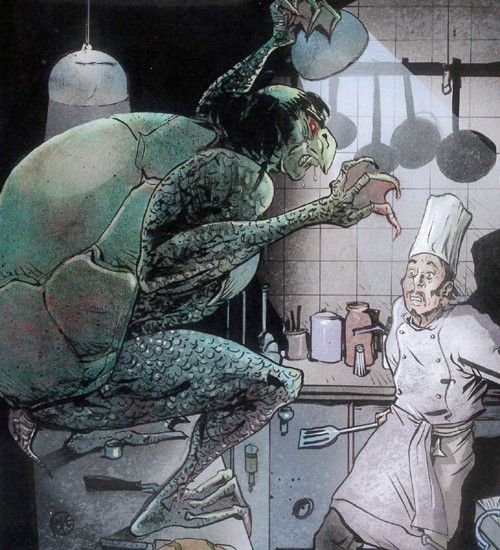
“Friends, let us join together here in the pits of sweltering madness where we cast our bodies and unheard voices into the void of fire and toil. Look upon the wasted works of our brother and pray that his clearly overcooked roast has a slightly pinkish interior so that bits of this beautiful and costly beast haven’t completely gone to waste. Oh Kitchen Gods! Please bless our ovens so they may produce another piece in a most timely manner… Because if that doesn’t work, I don’t know what the f@%$k we’re going to do.”
– Prayers To The Kitchen Gods 3:32
I’ve been a member of the culinary industry for over fifteen years and have not only seen but physically been a part of just about every kitchen triumph, tragedy and misdemeanor imaginable. I’ve endured nights of inhumanly poor service and nights full of Instagram-perfect plates and early clean-ups, sometimes within a single night’s sleep of one another.
It’s a volatile and unpredictable industry that can give rise (in certain individuals) to an unsettling amount of superstition. Everyone working in a kitchen has one or two mental ticks that lean towards juju of some type, whether it be avoiding a certain oven timer even though you know damn well it got fixed last week or always arranging your pastries in a certain way on a sheet pan because… Well they just turn out better. We cooks are what Batman would refer to as, “A cowardly and superstitious lot.”
Not that we are cowardly across the board, in fact most of the cooks I’ve had the pleasure of sweating beside have been the first to jump into a fight or subject themselves to possible harm for kicks. No, cooks fear one thing in particular to their chosen field: Time. It is our greatest enemy and the one thing we really, truly fear.
Overcooked food, slow service, bills backing up… it all comes from mismanagement of time. Most of that fear and potential pain can be mitigated by proper planning, but sometimes fate swoops in and blindsides an otherwise orderly kitchen with some eleventh hour catastrophe that no cook, no matter how well prepared saw coming.
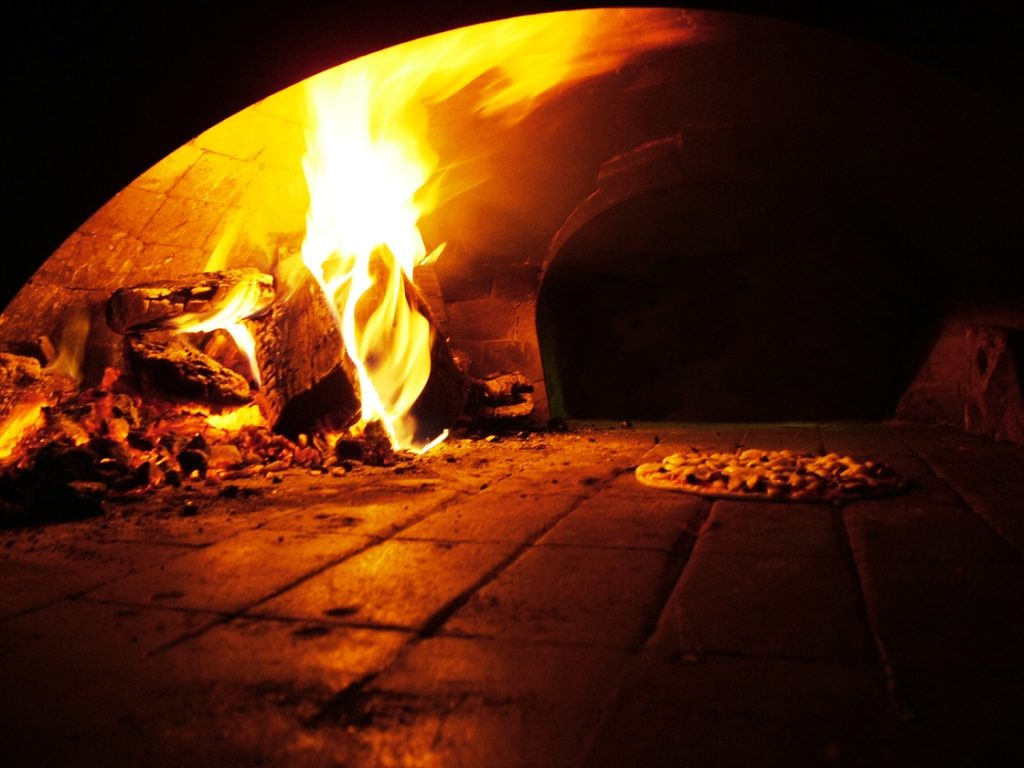
These random and unexplainable acts of kitchen terrorism are what make most cooks that have slung hash beyond five or six seasons adapt stage one of the kitchen religion: The belief that if you feel safe, secure and ready for service you have missed something important that will kill you in the end. These gallows jitters extend to all things said, sung or implied, ie: if the cook foolishly tells the porter that their station or situation is “fine” and that they’re in for a “easy night” it’s all going to go horribly wrong.
It’s not much of a jump to stage two, when our beleaguered line cook gets repeatedly slammed for his show of confidence and flailing around for a reason why such inexplicable pressure seems aimed at him and no-one else in the kitchen puts a face to his fears. “Someone up there hates me!” starts the litany, as more and more orders pile in. Soon the amorphous “someone up there” gets a name and a personality (usually quite nasty) and others on the line start (jokingly) to invoke the spirit as the source of their woes as well.
The third and final stage is when the joking becomes a regular thing and everyone’s convinced the ovens are haunted, that there are voices in the walk in, and every time someone speaks a blasphemy of self-assurance the spirits, nay, The Kitchen Gods will strike them down. They become responsible for every dropped sheet pan, even broken plate and most especially a bad night’s service.
“Join hands. I’m serious JOIN HANDS and bow your freaking heads. Alright *sigh* Oh Kitchen Gods, please let these Panna Cottas set properly ‘cause I’m never ‘gonna have time to make another batch before tomorrow’s function… I’ll give you whatever you want… um, amen.”
– Prayers To the Kitchen Gods 6:45
You would think that the higher up in the kitchen hierarchy you are the less likely you believe in invisible kitchen spirits, but the opposite seems to be true. The most grizzled lifers I’ve worked with tend to be the most likely to talk to their equipment and make deals with invisible demons while FOB dishwashers haven’t seen enough nights to know what’s really going bump.
Now hold on… Could it be that years of self abuse in our industry simply makes the older, more grizzled cooks become more paranoid? Absolutely! Those same lifers whispering to their fry pans are most likely dealing with low level PTSD combined with decades of possible alcohol abuse and served with a dusting of depression. Not all, but some. It’s common for ex-junkies and soldiers to find religion, maybe cooks are doing the same kind of thing… Maybe they’re making up their own.
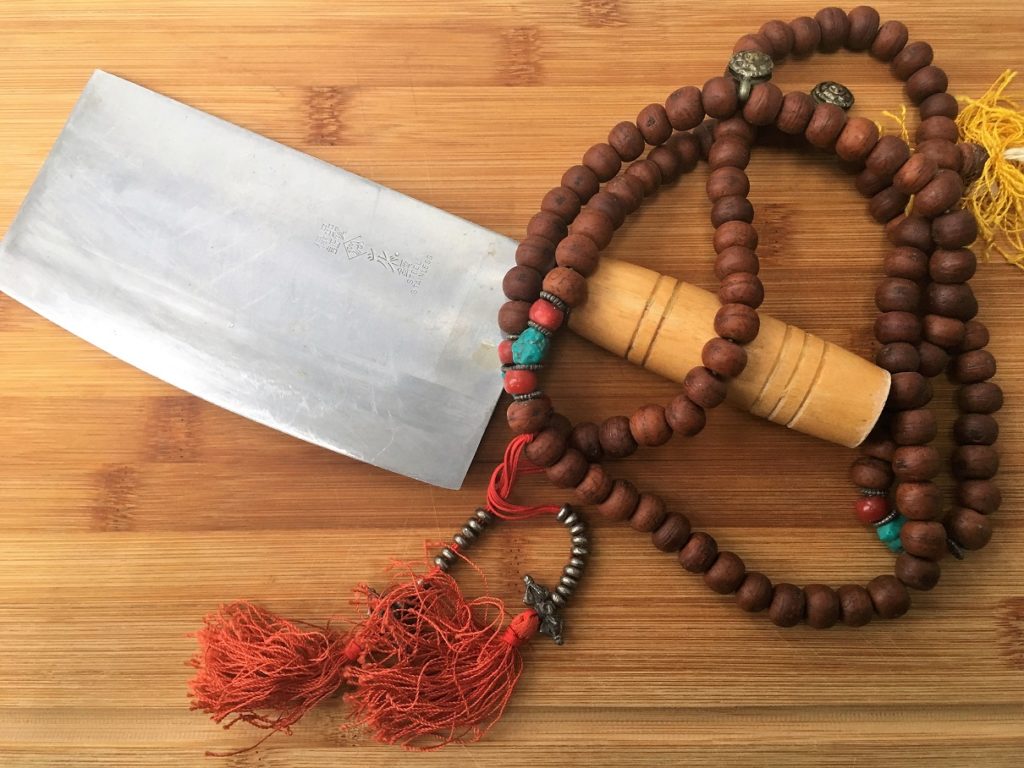
I’ve been calling on the Kitchen gods for a couple years now, mostly in fun and sometimes with flashes of actual zeal. I wouldn’t call myself a burnout and haven’t (as far as I know) got any mental problems, depression or crippling addictions. Since taking over as Exec Chef of my own kitchen I’ve spread this twisted gospel not because I’m scared of a Chthonic fire spirit watching me from the hood vents, but because I think it actually brings my kitchen team together.
I will, in the middle of production call everyone within earshot – yes, dishwashers too, get over here! – and tell them to cast their eyes to the fluorescents and repeat after me:
“Oh Kitchen Gods, thank you for allowing my soufflés to rise, although I must admit I was hoping for a little bit more than just half to do so. In the future if you’re going to help we’d all appreciate you going all the way and please don’t be the usual hellbeasts we know you are! Whatever, amen.”
Everyone has a laugh and scrambles back to work, our little invocation taking but 40 seconds of their precious time. Most of the staff will consider it just another of my weird goofs, but that one line cook who’s been having a rough night, she’s digging it… She even laughed for the first time since service started… The tension that’s been dogging her is lifted and she can focus on what’s important; doing her best.
That’s what it’s all about.
The sacrifice of time, that most treasured commodity in a cook’s life for a communal moment of faux-prayer was enough to break the tension and make us work a little tighter, if a little giddier together. It’s a cathartic act that can take a tense situation or a miserable service and upgrade it into a light farce or sometimes a downright success. Amen indeed.
I don’t know if the Kitchen Gods are real or not, I’m no priest, theologist, or ghost-buster… Like I said up front, I’m just a cook. What I do know is that despite seeing some strange things in my time on the line I’ve never truly believed that The Kitchen Gods – if they do exist – are the malignant, ever-looming demonic bastards some lifers espouse they are. That’s probably just a reflection of how they, as a bent old line cooks see the world.
I think the Kitchen gods are pretty cool and if they truly do exist, me and my crew and all the crews I’ve worked with owe them a lot.
Some Kitchen Gods and Goddesses from Around the World

Chantico – The yellow-skinned Aztec goddess of cooking hearths, chilli peppers and warfare. She is most famous for breaking a scared fast and eating grilled fish with paprika (yum!) then being punished by the other gods and turned into a dog.
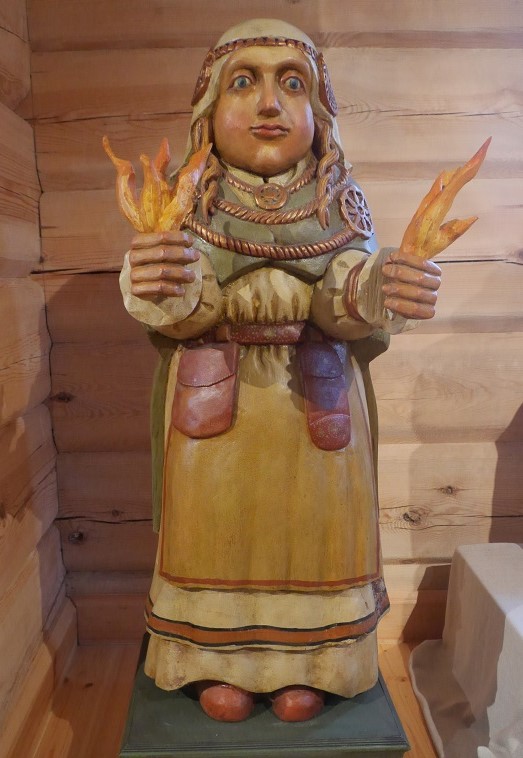
Gabija – Lithuanian Spirit of fire that manifested as either a lady clad in red, a rooster or a cat. Ancient slavs offered bread, salt and clean water to appease her. Whenever there was a fire in the kitchen they would say Gabija “went for a walk”.

Hestia/Vesta – Virginal Greek/Roman Godess of the hearth, of whom Homer wrote: “Hestia, in the high dwellings of all, both deathless gods and men who walk on earth, you have gained an everlasting abode and highest honour: glorious is your portion and your right. For without you mortals hold no banquet, — where one does not duly pour sweet wine in offering to Hestia both first and last.”

Old Hob – One of the many names given to the Angelo-Saxon spirit of the hearth. He’s a small, goblin-like apparition that can heal the sick or bring great luck while also being a bit of a monster to lazy children. In parts of England the term “Hob” alternatively means “goblin” or even the devil himself.
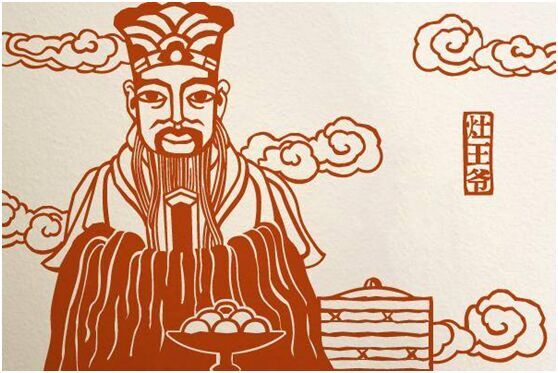
Zao Shen – Chinese Lord of Stoves, preserver of harmony and junior member of the Daoist celestial bureaucracy. This robed lord of all things domestic reports the cleanliness of all kitchens directly to The Jade King of Heaven but can be either silenced with sticky sweets or bought off with burnt money offerings during the week prior to the lunar New Year.
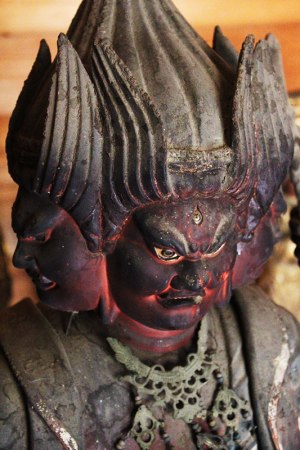
Sanbo Kojin – Japanese Kami with an unpredictable temper that can either create wonderful things or destroy them in a flash of fire. Like Zao Shen (who he may be based on) Kojin reports on the general condition of kitchens to the local spirit leaders but seems much more stoic. Attempts at bribery result in Kojin’s rage and considering he has three snarling faces, four arms and carries a bow ‘n arrows very few even try. One of only a handful of Japanese Shinto spirits so popular that they later became Zen Buddhist saints.
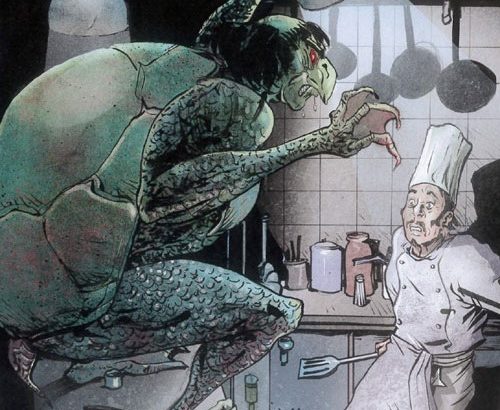
You have opened my eyes to what I have always thought was lurking in my kitchen especially at holiday time. It takes a special talent to keep calm under fire! Distraction and a sense of humour is indeed a blessing at those catastrophic times for the team. Love to read your blogs Shawn.